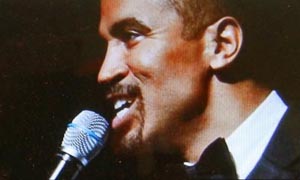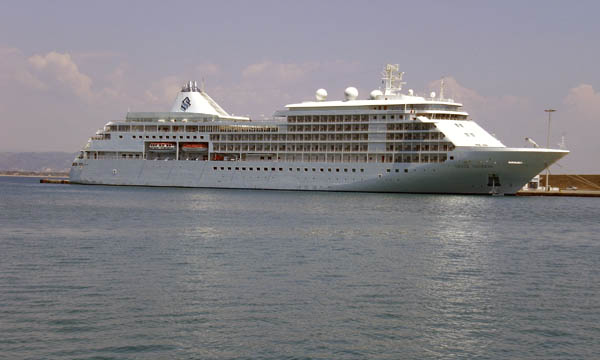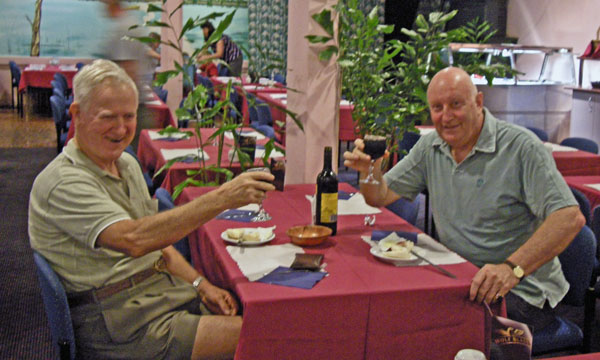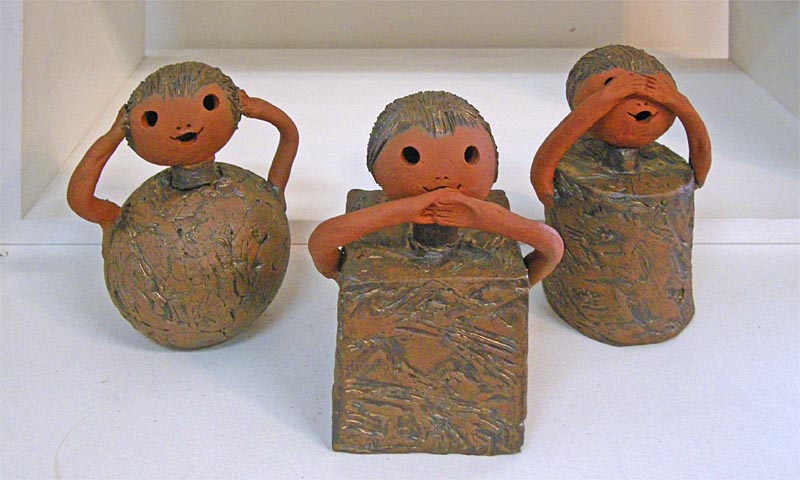|
Biographical Log of Michael Furstner - Page 216
09 | 10 ||
2011 :
Jan |
Feb |
Mar |
Apr |
May |
Jun |
Jul |
Aug |
Sep |
Oct |
Nov |
Dec || Page :
Previous |
Next
The Martinshof Story -
A Philosophy of Happiness -
Life Awareness -
Maps & other Text series
Most Recent -
Next -
Previous -
Page 1 -
Photos -
MP3s -
Maps & Text series -
Jazclass
Monday - Wednesday, July 11 - 13 2011
(diary)
 I had a surprise email from Steve Washington today, inviting me to his
birthday celebration in Washington (USA) where he will perform in the Mandarin
Oriental this weekend.
I had a surprise email from Steve Washington today, inviting me to his
birthday celebration in Washington (USA) where he will perform in the Mandarin
Oriental this weekend.
I met Steve in 2007 on the Silver Shadow cruise ship, where he was performing for one
week. We had lunch together one day and had a very enthusiastic discussion
about music. I believe I gave him a CD with one of my music courses on it. It
is good to hear from him again and know he is in good shape and doing well.
Speaking about "being in good shape". Every time a family relation, friend or
acquaintance of around my own age dies (as sadly happened again a few weeks ago), I
am starkly reminded how lucky I am to still be alive and so far (touch wood) in good
health.
These last few years have arguably also been the happiest of my
entire life. No more anxiety and insecurity (while growing up), or
frustrations and depression (during my working life), family responsibilities, worries about children,
relationship stresses, etc. It is all past now and I have at long last
arrived at an emotional sea of contented tranquility.
 But I have been rather negligent about this fortunate condition, not having looked
after my body and health as I should.
But I have been rather negligent about this fortunate condition, not having looked
after my body and health as I should.
So this week I have started to
address this shortcoming. Every morning I walk three rounds around the Mango
farm parameter (about 1.5km) and I have started eating salads for lunch. I
have eaten hardly any vegetables at all these past few months and that can't
be a good thing.
Making my own salads has been a wasted effort in
the past, as half of it always ends up rotting away in the fridge. So I buy
prepared salads now every day (Caesar, Asian, BLT, "Garden fresh") and that
suits me fine.
Most Recent -
Next -
Previous -
Top -
Page 1 -
Photos -
MP3s -
Maps & Text series -
Jazclass
Thursday - Monday, July 14 - 18 2011
(diary)
 I have helped out a few times with doing small updates to the Arafura Bridge
Club website, but Saturday afternoon gave Paul (who mainly looks
after the website) a run through over the basic HTML (hypertext markup
language) programming elements.
I have helped out a few times with doing small updates to the Arafura Bridge
Club website, but Saturday afternoon gave Paul (who mainly looks
after the website) a run through over the basic HTML (hypertext markup
language) programming elements.
I myself still prefer to do all my online pages by hand, rather than using one
of the applications. This way I can maintain the unique style of my own site,
which has gradually evolved over the years.
Way back in 1996-97 I attended an evening session at the University (?) of
Lismore (near the NSW - Queensland border) where we were much encouraged
to have our own Logo. I did follow up on that (creating several of them
over the years) and still have it as a main feature on every lesson page of
my website.
Like most other web designers at the time I went through a
period of having differently coloured page backgrounds, but in time switched
back to plain white, except for the one page about the eccentric French
composer Erik Satíe. I
felt that using a distinct background colour for his page was most
appropriate.
The main difference with other pages these days are the white
side margins I maintain on all pages, the locations of my links
to other pages, and the standard use of two text colours (blue and red)
besides black.
For my illustrations in text pages I used separate
thumbnails in the past, but I have got rid of that and now only use the main
file which can be reduced as a page illustration to any smaller size as
desired.
Most Recent -
Next -
Previous -
Top -
Page 1 -
Photos -
MP3s -
Maps & Text series -
Jazclass
Tuesday & Wednesday, July 19 & 20 2011
(diary)
 The Netherlands remains to a degree a bit of a paradox for me. On the one hand
the country rightly has a centuries old reputation for being broad minded and
forward in its thinking and its testing of new ideas and concepts, and I am
immensely proud of that fact.
The Netherlands remains to a degree a bit of a paradox for me. On the one hand
the country rightly has a centuries old reputation for being broad minded and
forward in its thinking and its testing of new ideas and concepts, and I am
immensely proud of that fact.
On the other hand however there is a
small but
rather loud segment of the population characterised by small-mindedness,
intolerance, ignorance and even hatred (especially when it concerns what
happened during WW2, now 66 years behind us). This small part of the Dutch
community acts like a drab bitter residue in the bottom of a bottle which,
when stirred, spoils a good wine.
Perhaps it is inevitable that a small country like Holland "breeds" a
certain quantity of small minded people, stagnants, left behind by the others who (like our
seafaring forefathers) do venture (in body and/or in spirit) outside the country's
restrictive confines in order to develop into mature, balanced and
tolerant minds.
I was starkly reminded of this proposition by some dubious emails I received
from someone in that country these past few days.
A Dutch reader of my Martinshof story
told me in no uncertain terms that surely my father as a member of the NSB
(National Socialist party in Holland) must have known all about the horrible
fate of the Jews in the German concentration camps.
A very naive statement which has been voiced to me a few times during my visits to Holland the
past couple of years (some by self professed political far left wingers), and
invariably by people born after the war.
The simple fact was that during WW2 the media both in Germany and the
occupied countries was strictly controlled by the Nazis and the slightest
whiff of dissent was forcefully eradicated by the Gestapo.
The few whispered
rumours which may have escaped their wrath where (as always throughout human
history) either religiously believed or firmly discarded as
despicable war propaganda, depending on which side of the political divide one
simpathised with.
And another thing (I was told), there never were concentration camps in Holland after
the war. Never mind the fact that they were called just that for as long as I
can remember.
Now (some of ?) the Dutch, wanting to distance themselves from the
notoriety of the British concentration camps in South Africa during the Boer
war (in which 27,927 Boers, predominantly children died)* and the horrible German death camps, are
calling these Dutch camps (in retrospect and long after they have disappeared) "internment
camps".
-
The Concise Oxford Dictionary defines them like this :
- concentration camp = detention camp for political prisoners
- internment camp = camp confining prisoners of war
Isn't that just cute?
* = "Empire : How
Britain made the Modern World", by Niall Ferguson. Penguin Edition
2008, page 280
Comments -
Most Recent -
Next Page -
Previous -
Top -
Photos -
MP3s -
Maps & Text series -
Jazclass
Copyright © 2011 Michael Furstner
|



